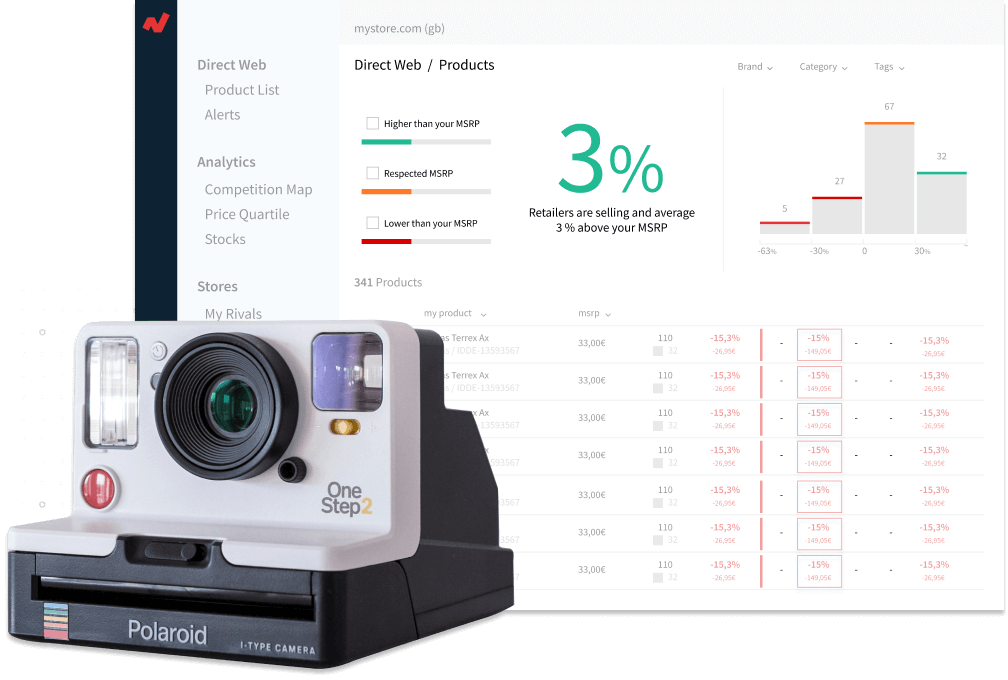Psychological pricing is a subset of some low-cost, easy-to-implement and effective pricing strategies. Used to influence customer behavior to encourage purchases.
Psychological pricing is a practice based on a belief that a client is not rounding the price but rather considers it lower than it actually is. Therefore the psychological pricing involves setting a price slightly lower than an integer. And naturally the prices that are not rounded are harder to calculate.
What are the different tactics and types of psychological pricing?
Charm Pricing: It actually refers to the use of a price that ends with the number “9” due to the “left digit bias”. It is also explained by the fact that a customer tends to read prices from the left to the right for example and then ignore the last digits of the price which is actually accentuated when the left right of the price is typed smaller than the left part.
For example an item or service that costs 14,99 € instead of 15 € is more likely to be taken because the customer has the impression that he is paying for less or that this is a special offer.
Odd-Even Pricing: Slightly similar to charm pricing, this strategy is based on the idea that shoppers are psychologically sensitive to certain numbers such as 1, 3, 5, 7, and for example an item that costs 29,45 €.
Center Stage effect: This strategy is based on the center stage effect which means that if you display a series of products beside each other, the buyer will be automatically attracted to the product located in the center.
For example, if a customer has a range of three different products or plans with the same formula, the price on the left is too high, the one on the right is cheap with less options so the buyer ends up choosing the one located in the middle which is so-called good quality-price ratio for the consumer.
Bundle pricing: We can find it very often on Amazon and it is when they recommend different products together at a lower price than buying each product individually.
Price Anchoring: It refers to how you set price points that your customers can refer to when making decisions. Every time a customer sees 80 € instead of 100 €, the 100 € becomes the price anchor for the 80 € sales price.
Why is the psychological pricing strategy interesting?
- It raises awareness of your product and get the buyer attention
- It generates more sale
- Appears in the lower price bracket.
- Easily distinguished from the competitors.
We can then see that the psychological pricing strategy works is so important for the marketing and sales parts in order to ensure a good user experience.
But there are some points you should consider before implementing it like studying your audience, knowing their needs and knowing what your competitors are offering and to what price, which you can do using a monitoring tool.




